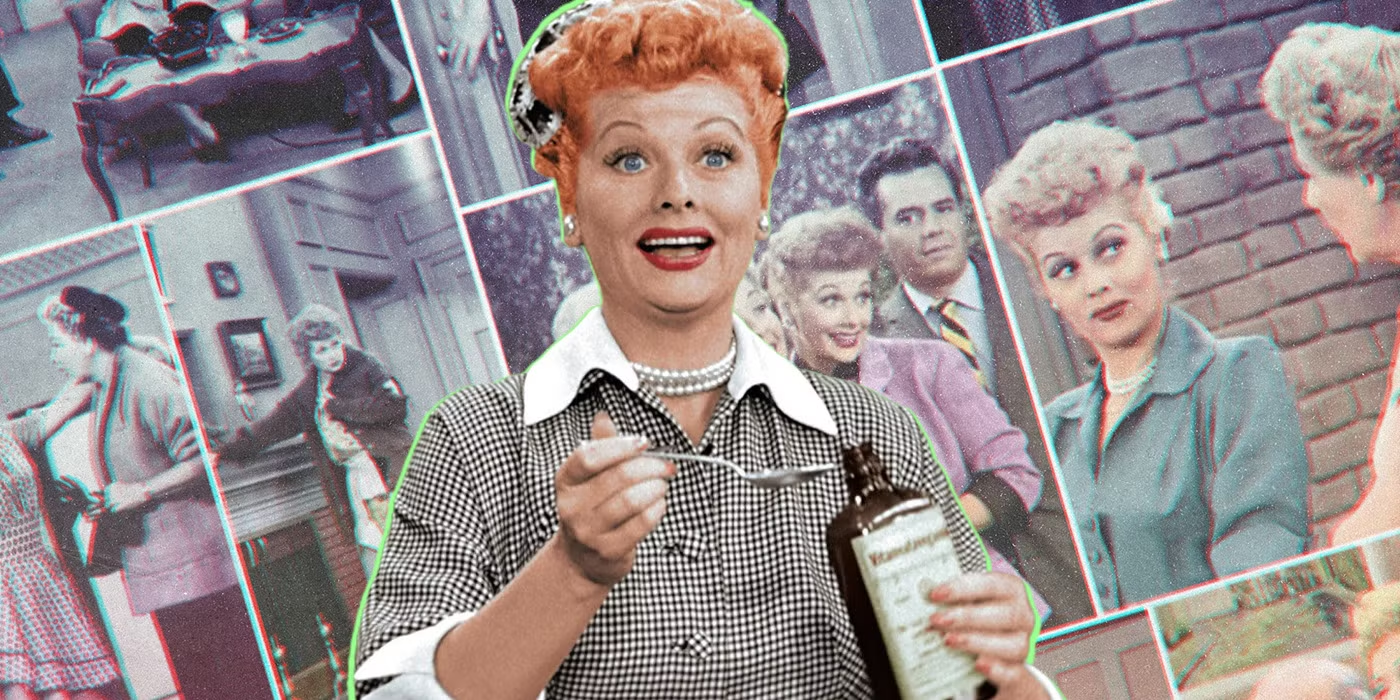THE WITH CHILD CAMPAIGN
Words have Power
Do you understand the influence words have on culture? The architects of the abortion movement did. They knew language shapes thought and emotions, forms policy, eventually formulates laws. For their abortion “revolution” (their term) to become legal, NARAL knew language had to change. So, “CHILD” became “CHOICE” and “With Child” was replaced by “PREGNANT”.
NARAL’s social experiment of abortion-on-demand would fail if people continued identifying a woman as ‘with child’. So, language changed.
Hosea says: Raise up your voice and reclaim it!
Restore the Dignity of Maternity
Sterile medical terms like “pregnant” and “pregnancy” were emphasized in the late 1960’s, subtly reducing maternity to a biological condition and overshadowing the elevated role of motherhood.
By using expressions like “with child” and “expecting a baby,” we acknowledge the presence of a new human life. and give dignity to the maternal relationship between mother and her infant.
Motherhood is a blessing from the Lord, not a curse.
Let’s reflect that in our language. Say a woman is WITH CHILD.
The ‘I Love Lucy’ Controversy
In the 1950s, I Love Lucy faced a cultural dilemma.
When Lucille Ball was expecting Desi, Jr., the producers debated whether or not they could use the word “pregnant” on air.
The word “pregnant” was banned by the network, so the show opted for traditional language of “expecting” and “having a baby”, integrating Lucy’s maternity into the script.
This shows that in the 1950s “pregnant” was still considered less respectful–even crude — language in a time when maternity was honored.
Ideas on How to Use the Cards
- Share with friends, family, or co-workers, neighbors
- Gift expectant mothers
- Distribute at church and religious groups
- Ask your local Pregnancy Care Center if it could distribute cards
- Tuck into fundraiser baskets, Christmas cards, or baby shower gifts
- Use as discussion starters on how language impacts culture




